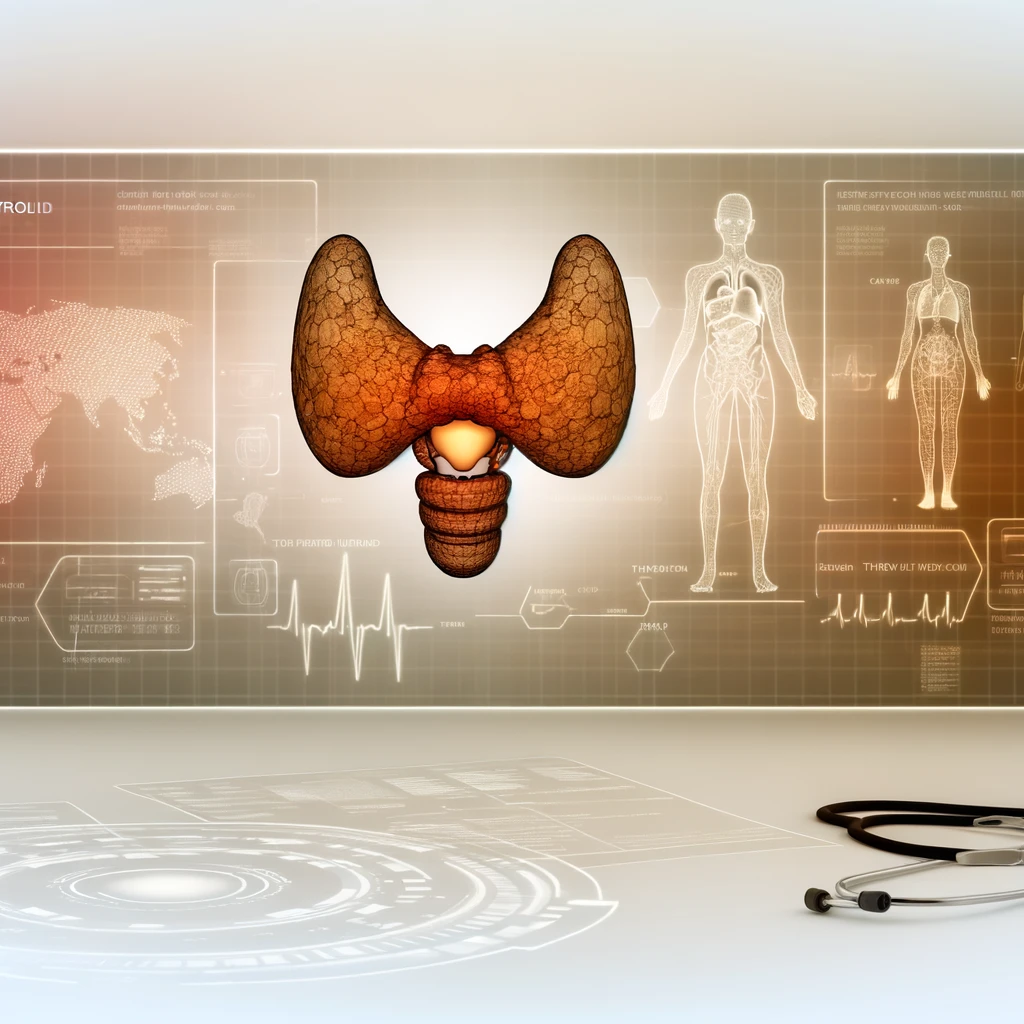
The Benefits of Intermittent Fasting: Myth or Reality?
In recent years, intermittent fasting has gained immense popularity as a dietary approach, touted for its potential to aid in weight loss and improve overall health. But is intermittent fasting just a passing trend, or does it offer tangible benefits? In this article, we will delve into the science behind intermittent fasting, exploring its benefits and uncovering whether they are myths or realities.
Understanding Intermittent Fasting
Intermittent fasting (IF) is an eating pattern that cycles between periods of fasting and eating. It does not prescribe specific foods to eat, but rather focuses on when you should eat them. The common methods include the 16/8 method, where individuals fast for 16 hours and eat during an 8-hour window, and the 5:2 diet, which involves eating normally for five days and restricting calorie intake to 500-600 calories on two non-consecutive days.
How Does Intermittent Fasting Work?
The primary mechanism behind intermittent fasting is its ability to reduce insulin levels, which facilitates fat burning. During fasting, insulin levels drop, and the body begins to use stored fat as energy, potentially leading to weight loss. Additionally, fasting triggers cellular repair processes and beneficial changes in several genes and molecules related to longevity and protection against disease.
The Benefits of Intermittent Fasting
1. Weight Loss and Fat Loss
One of the most appealing benefits of intermittent fasting is its potential to aid in weight loss. By reducing calorie intake and altering hormone levels to facilitate weight loss, intermittent fasting can be an effective tool for shedding pounds. Several studies have shown that individuals practicing intermittent fasting lost more weight and visceral fat compared to those following traditional calorie restriction diets.
2. Improved Insulin Sensitivity
Intermittent fasting has been shown to improve insulin sensitivity, which is crucial for managing blood sugar levels. Improved insulin sensitivity means that the body requires less insulin to lower blood glucose levels, reducing the risk of type 2 diabetes. This benefit makes intermittent fasting particularly attractive for individuals at risk of developing diabetes.
3. Enhanced Brain Function
There is evidence to suggest that intermittent fasting can enhance brain health and cognitive function. Fasting increases the production of brain-derived neurotrophic factor (BDNF), a protein that supports neuron growth and protects the brain from degeneration. Furthermore, intermittent fasting may reduce inflammation and oxidative stress, both of which are linked to neurodegenerative diseases.
4. Longevity and Disease Prevention
Animal studies have shown that intermittent fasting can extend lifespan. While human studies are still ongoing, the potential for longevity benefits is promising. Fasting may also reduce the risk of chronic diseases such as heart disease, cancer, and Alzheimer's disease by improving metabolic health, reducing inflammation, and enhancing mitochondrial function.
Myths Surrounding Intermittent Fasting
1. Intermittent Fasting Leads to Muscle Loss
One common myth is that intermittent fasting causes muscle loss. However, studies indicate that intermittent fasting can preserve muscle mass while losing fat. It is important to combine fasting with resistance training and adequate protein intake to maintain muscle mass.
2. Fasting Slows Down Metabolism
Contrary to the belief that fasting slows metabolism, short-term fasting can actually boost metabolism by increasing norepinephrine levels, which enhances fat burning. Prolonged fasting, however, may lead to a decrease in metabolic rate.
Conclusion: Myth or Reality?
Intermittent fasting is more than just a trend; it is a scientifically-backed approach with the potential to improve health and aid in weight loss. While individual results may vary, the benefits of intermittent fasting are supported by research and offer a promising dietary strategy for those seeking a healthier lifestyle. As with any dietary plan, it is essential to consult a healthcare professional before starting intermittent fasting, especially for individuals with underlying health conditions.
Related Articles





